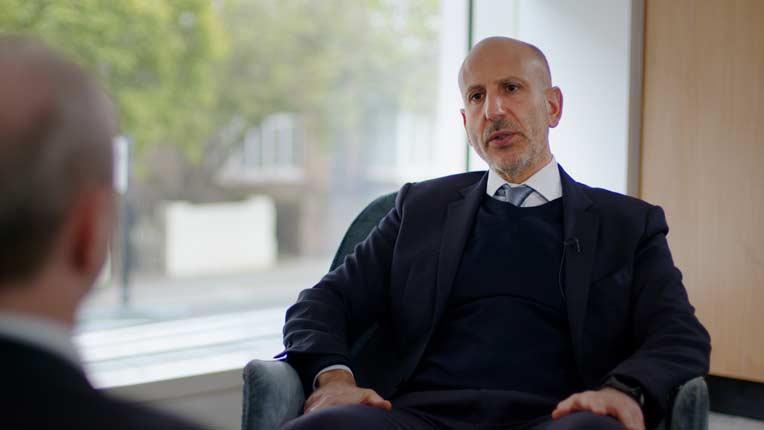It is possible to shoot yourself in the foot with overzealous trading, says Morningstar Director of Personal Finance Christine Benz. She is a big proponent of conducting a portfolio review just a few times a year--semiannually or quarterly. However, recent strength in equity markets, a gold rush which buoyed the precious metal nearly 19% in the latter half of 2010 and rising concerns of global inflation beg the question if this is the right time to re-evaluate portfolio allocations and kick-start the year better prepared to strengthen your bottom line.
To help you take maximum advantage of the recent equity market strength and marked growth within certain asset classes and global regions and order your financial planning priorities, we addressed this very inquiry to four experienced financial planners --
Yvonne Goodwin, founder of Yvonne Goodwin Wealth Management 
Dennis Hall, founder of Yellowtail ![]()
Alex Riley, director in Bunker Riley ![]()
Peter Sudlow, principal of Sapienter Wealth Management ![]()
This is the second of three questions we posed to IFAs this week. You can catch up on their top priorities for the beginning of 2011 in Tuesday’s article.
Question: Given the strong stock market performance recently, should investors change their portfolio allocations or investment planning process?
Review Your Targets, Investment and Risk Objectives
“The recent surge in the stock market will undoubtedly have meant different things to different people,” says Alex Riley. He explains that anyone who invested past March 2009 is likely to be sitting on some very healthy profits, however anyone who invested prior to or during the ‘financial crisis’ may be just about breaking even on their original investment. Therefore, Riley suggests that an allocation review at this time is prudent to confirm whether the portfolio has become significantly out of synchronisation with the original target allocation.
Having past this step, consider if your portfolio still meets your investment and risk objectives, advisers say. Most clients, whether they need the dividend income or not, benefit from a dividend yield – if only to compare with the alternative which is generally a bank deposit account, says Goodwin. However, be mindful of upcoming capital gains tax changes, she warns. In addition, if there is some known expenditure coming up it may be worth taking some of the recent gains and locking them in cash, suggests Hall. He thinks that although there is a strong sense that markets will do well in 2011 we could still be in for a bumpy ride; the forecasters could easily be wrong and “a bird in the hand is worth two in the bush.”
Are You Paying Too Much?
Once your objectives and risk preferences are aligned with your asset allocations, don’t forget to evaluate the fees you are paying and the costs of switching, Hall says. Perhaps you can gain exposure to certain assets for a lower management fee by investing in passively managed funds such as ETFs (Our ETF centre can help you explore this possibility). However, be mindful that too many portfolios suffer because of frequent switching and the charges do mount up, Hall points out. Portfolio rebalancing will not be beneficial for your bottom line if the costs of trading outweigh the advantages of changing your holdings, he says.
Turn a Deaf Year to the Market Noise
Ultimately, Riley summarises a sentiment shared by all, be mindful of chopping and changing the originally set asset allocation in order to ‘chase’ performance as it is often the investor who does nothing who performs better than the investor who continually tinkers.
Put in other words, Peter Sudlow points out, there are two tips often cited at the beginning of each year that may lure investors like Homer’s Sirens and to which investors should ultimately turn a deaf year -- “New year, new portfolio, new you” and “Different times demand different strategies.” The latter refers to the logic that at a time of reflection we are naturally receptive to stories which suggest that the world has completely changed and that the old rules, like diversification, don’t work any longer, explains Sudlow and urges investors to be wiser than the market noise. Finally, he says, be careful when told the story that the market has made easy gains but from now on you should put your faith in a manager who checks out individual shares, especially when such suggestions tend to come from the managers who pick the shares or their brokers.























